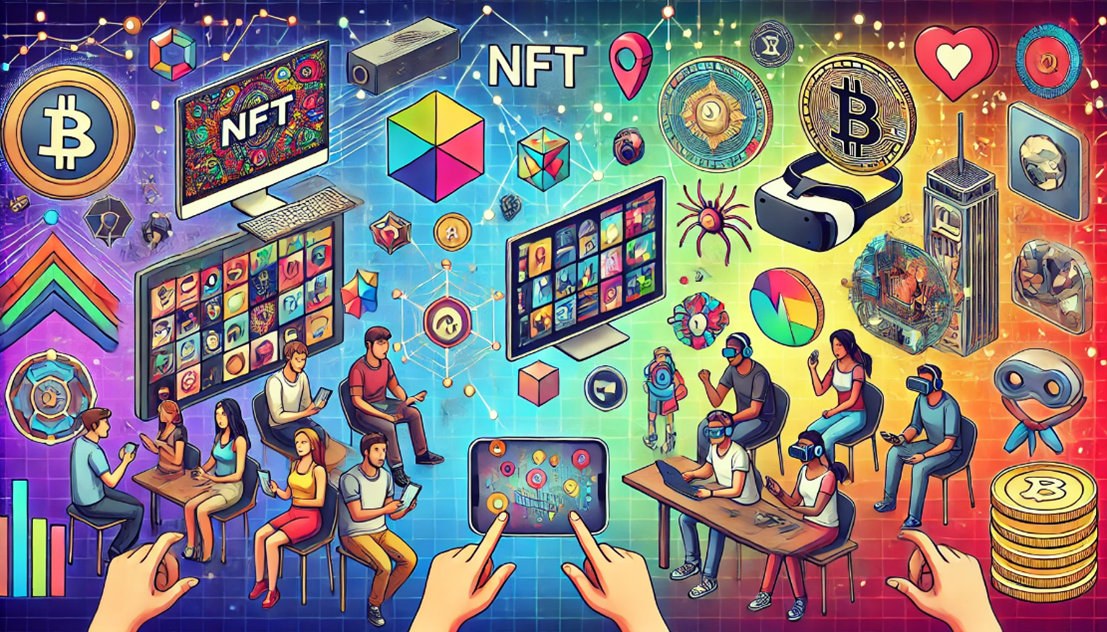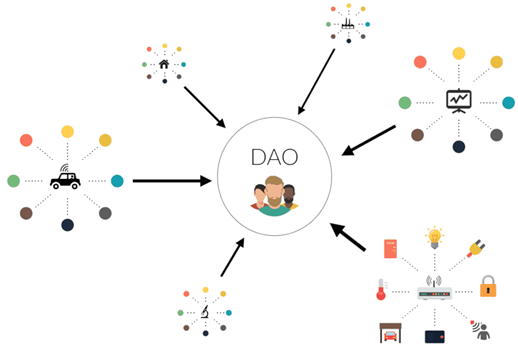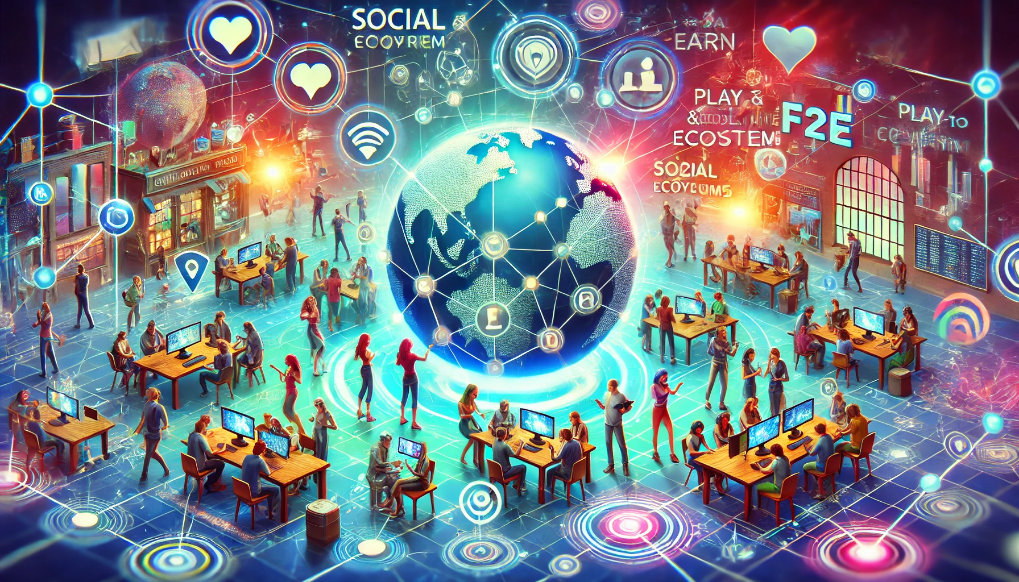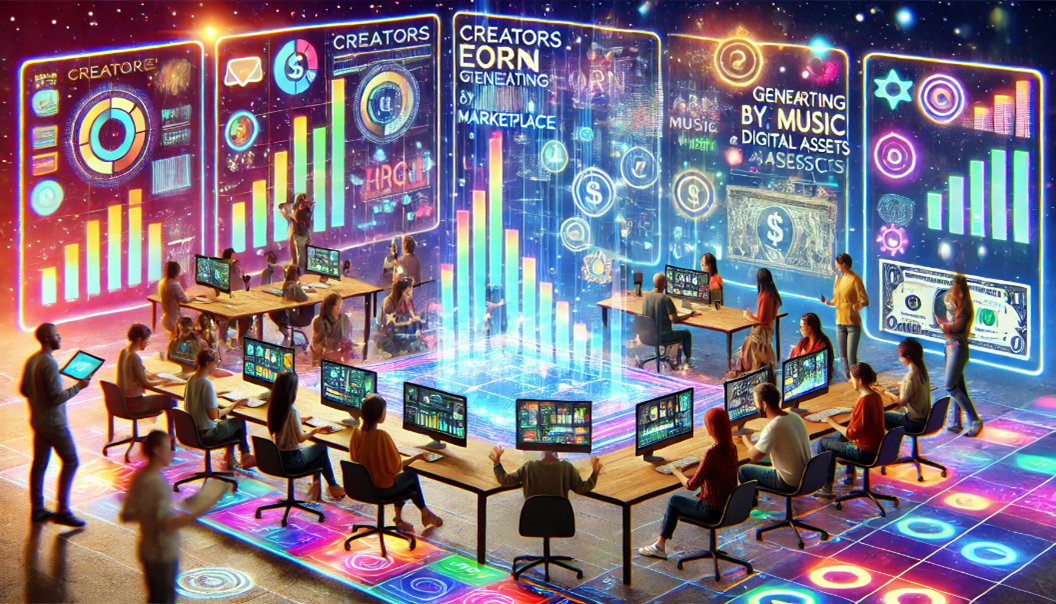P2E gaming challenges like scalability, fraud, and sustainability

P2E gaming challenges like scalability, fraud, and sustainability
by Maximilian 05:09pm Jan 10, 2025
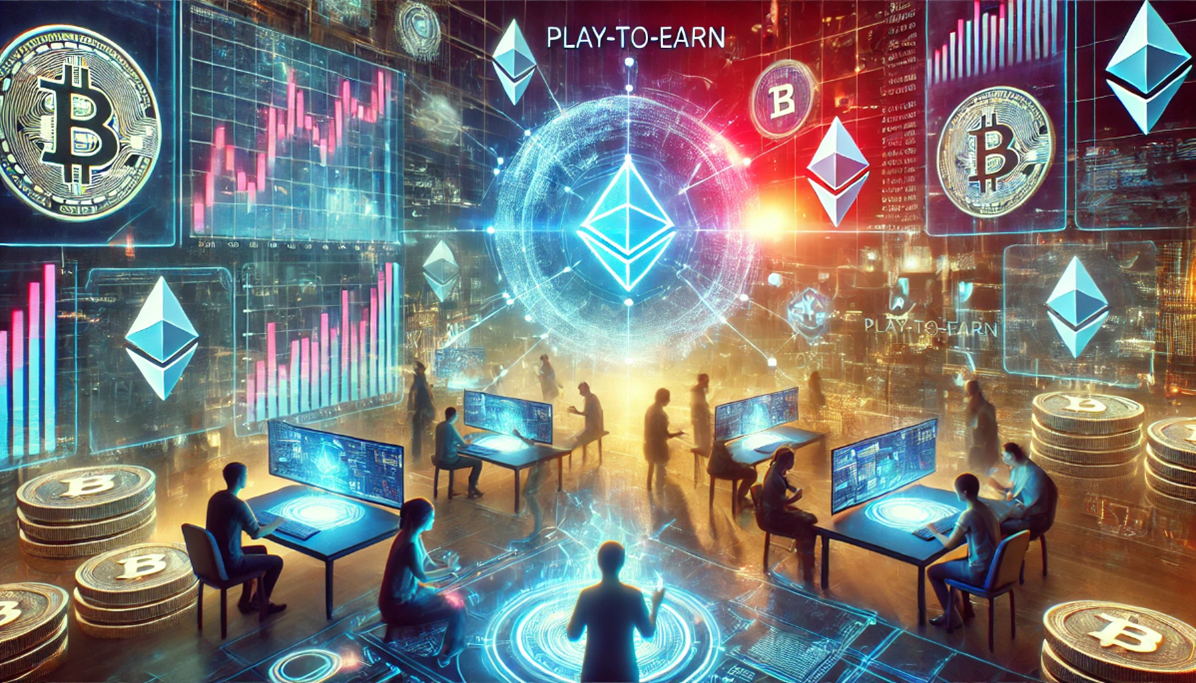
Play-to-Earn (P2E) gaming has grown in popularity, but it faces several challenges that need to be addressed for long-term success. Some of the key challenges include:
1. Scalability
Problem: As P2E games grow in popularity, the infrastructure needs to handle millions of players, transactions, and interactions. T raditional blockchain networks, such as Ethereum, often struggle with high transaction fees and slow processing times during periods of high demand.
Impact: This can make the gaming experience less enjoyable and costly for players, potentially deterring new participants.
Solution: To address scalability, some P2E games are exploring layer 2 solutions like sidechains, state channels, and rollups to reduce costs and increase transaction speeds. Projects like Polygon and Immutable X are examples of technologies attempting to scale blockchain games effectively.
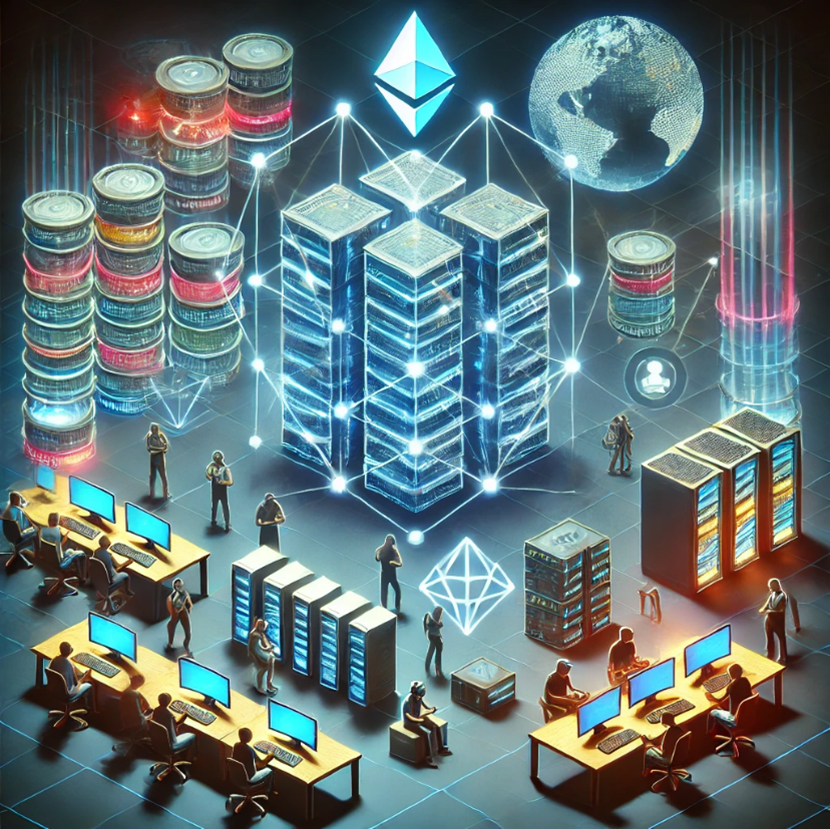
2. Fraud and Security
Problem: Fraud and hacking are significant concerns in the P2E ecosystem. Players and developers are vulnerable to attacks like phishing, hacking of wallets, and exploitations of vulnerabilities in smart contracts.
Impact: Fraud undermines trust in P2E games and can lead to financial losses for players and developers.
Solution: Developers need to implement strong security protocols, audit smart contracts regularly, and educate users about security best practices. Additionally, the use of decentralized identities (DIDs) and multi-signature wallets could enhance protection against fraudulent activities.
3. Sustainability
Problem: The economic model of P2E games can be unstable. Many games rely on the constant influx of new players to maintain rewards for existing players. If the game fails to attract new participants or the in-game economy collapses, it can lead to hyperinflation of the in-game currency and devaluation of rewards.
Impact: Unsustainable reward structures can cause the game to become unprofitable, making it difficult for players to earn meaningful rewards and driving them away.
Solution: Developers need to create balanced in-game economies that focus on long-term sustainability. This may involve using deflationary mechanics, ensuring rewards are tied to in-game achievements, and building value around scarce assets like NFTs or in-game items.
4. Regulation and Legal Issues
Problem: As P2E games involve financial transactions, they may attract regulatory scrutiny from governments. Issues like gambling laws, taxation, and intellectual property rights can complicate the legal landscape for P2E developers.
Impact: Uncertainty around regulations can hinder innovation and cause developers to hesitate in launching or expanding their games.
Solution: P2E projects must work with legal experts to navigate the regulatory landscape and comply with local laws. Clear guidelines and frameworks around the use of blockchain technology in gaming are needed to reduce legal risks.
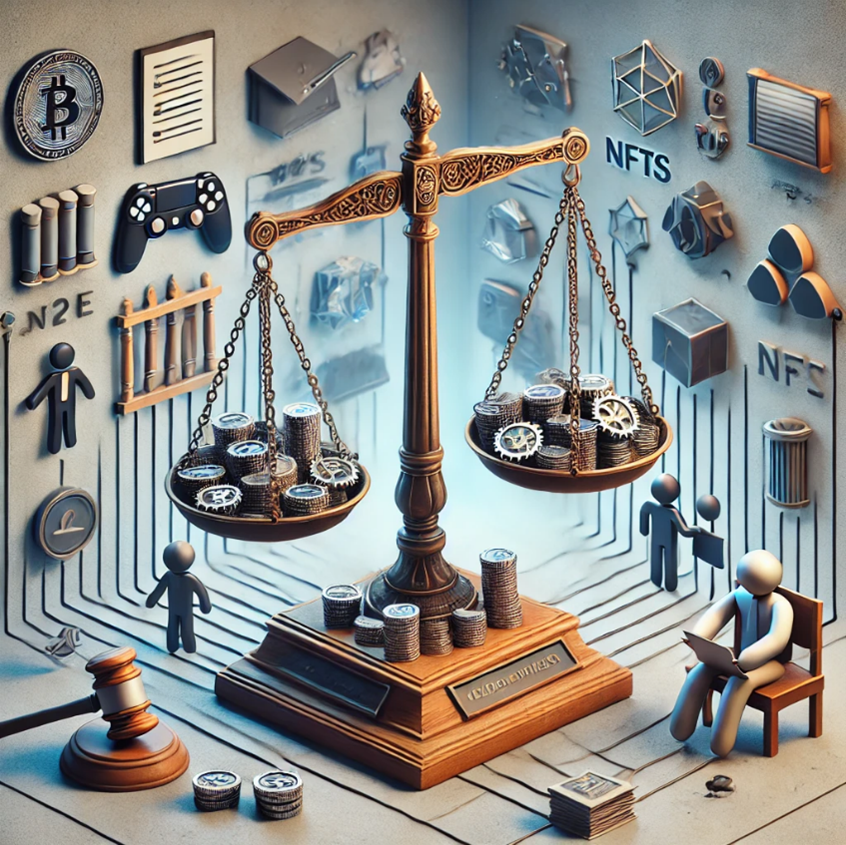
5. Player Retention and Engagement
Problem: Many P2E games struggle to keep players engaged over time. The initial excitement of earning rewards can wear off if the game does not provide enough ongoing value or fun.
Impact: Low player retention can lead to a decrease in the in-game economy's activity, making the game less attractive to new players.
Solution: Game developers must focus on creating enjoyable, engaging, and dynamic experiences that keep players coming back. This could include offering regular updates, introducing new features, and fostering strong community engagement.
6. Environmental Concerns
Problem: Many blockchain networks, especially those that use proof-of-work (PoW), have been criticized for their environmental impact due to the high energy consumption required for mining and validating transactions.
Impact: This has led to backlash from environmentally conscious players and critics, potentially harming the reputation of P2E games.
Solution: Moving to more energy-efficient consensus mechanisms like proof-of-stake (PoS) or using environmentally friendly layer-2 solutions can reduce the ecological footprint of P2E games.
7. Market Volatility
Problem: Cryptocurrencies and in-game tokens can be highly volatile, affecting the value of rewards and creating uncertainty for players who are trying to earn real-world value from their gameplay.
Impact: This volatility can discourage long-term investment in the game and lead to frustration for players whose earnings lose value.
Solution: Games could use stablecoins or other mechanisms to minimize volatility, providing a more predictable reward system for players.

Conclusion:
While P2E gaming offers exciting opportunities for players and developers, addressing these challenges is crucial for ensuring its growth and long-term success. A focus on scalability, security, sustainability, legal compliance, and player engagement will be key to overcoming these hurdles.



